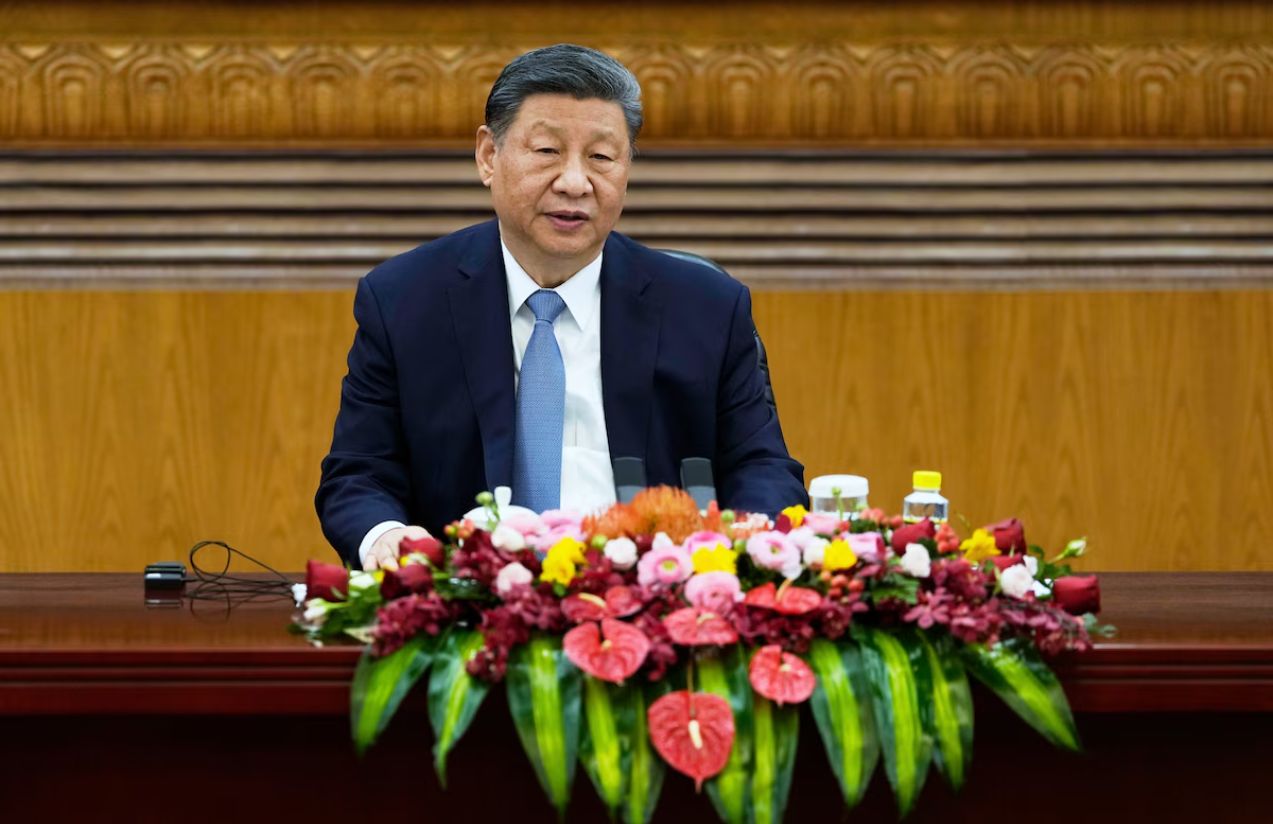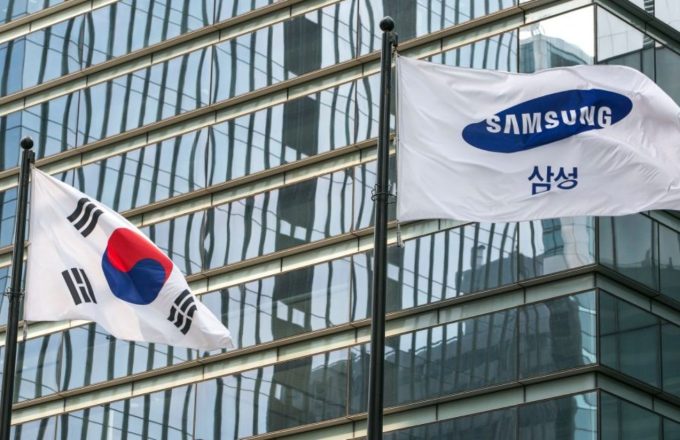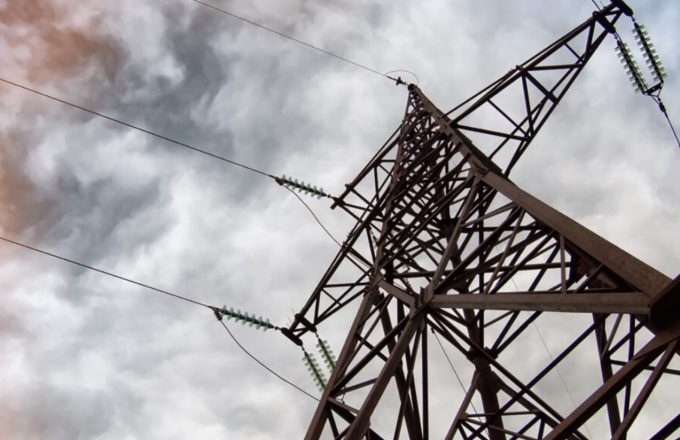In a hearing before the Senate Foreign Relations Committee’s Subcommittee on the Western Hemisphere, Evan Ellis, a professor and researcher on Latin America at the U.S. Army War College’s Institute of Strategic Studies and a non-resident senior associate at the Center for Strategic and International Studies (CSIS), warned about the growing influence of the People’s Republic of China (PRC) in Latin America and the Caribbean, as well as its impact on U.S. strategic interests.
Ellis highlighted that Chinese companies have carried out more than 678 public transactions in the region, with an estimated value of $203.4 billion, while bilateral trade with Latin American countries has reached $499.6 billion. According to the analyst, this economic connection has created a network of dependency that limits local elites’ willingness to publicly challenge the Chinese government over its internal and external policies.
“The expectation of personal and business benefits derived from the relationship with China has reduced many leaders’ willingness to prioritize their national interests when they conflict with Beijing’s,” Ellis stated in his testimony before the Senate.
The expert emphasized that the PRC’s strategy is not limited to the economic sphere. In parallel, China has developed influence networks in the region, including 44 Confucius Institutes, which promote the Chinese language and culture but also serve as channels for recruiting students through government-funded scholarships.
He also highlighted the importance of programs like Huawei’s “Seeds for the Future” and courtesy trips organized for Latin American journalists, academics, judicial officials, police officers, and military personnel. According to Ellis, thousands of individuals have participated in these China-funded trips aimed at fostering favorable relationships and improving the Chinese regime’s image among local elites.
In the media sector, his testimony pointed out that China has provided free content, images, and paid advertisements to regional media outlets such as La Jornada in Mexico and La Tercera in Chile, reinforcing its presence in public opinion. It has also established ties with political parties and business organizations through the International Liaison Department of the Chinese Communist Party, including pro-China parliamentary caucuses in Mexico and Ecuador.
Ellis also analyzed China’s presence in the regional digital ecosystem. He explained that Chinese companies, particularly Huawei, have been supplying technology and services in Latin America since the 1990s. Currently, these companies are involved in up to 60% of the continent’s telecommunications infrastructure. He warned about the risks to technological sovereignty and intellectual property security, particularly in relation to China’s national security and cybersecurity laws adopted in 2017 and 2019, which require Chinese companies to share data with the government.
In Mexico, Huawei plays a key role in the cloud services sector, providing digital solutions to private companies and government entities, including the Office of the Presidency and the Secretariat of Communications and Transportation, through agreements with Telmex and Grupo Carso.
Ellis linked the PRC’s strategy in Latin America to the strengthening of authoritarian governments in the region. He noted that China has channeled more than $60 billion in loans to the regimes of Hugo Chávez and Nicolás Maduro in Venezuela and $13 billion to Rafael Correa’s government in Ecuador in exchange for natural resources and contracts for Chinese companies.
He also denounced the supply of social control and repression technology by Chinese companies. In Venezuela, China provided the “Patria Card” system, which allows the government to control access to food and services. Additionally, it sold VN-1 armored vehicles, facial recognition cameras, and other systems used to monitor opponents. In Cuba, the telecommunications infrastructure contracted with Chinese companies enabled the regime to cut off communications between protesters during the July 2021 demonstrations and isolate the country from the outside world.
Finally, the researcher warned about the risks in the event of a conflict between the United States and China, particularly regarding Taiwan. According to Ellis, the PRC’s growing economic and technological presence provides the People’s Liberation Army (PLA) with capabilities to interfere with U.S. military deployments in the region without the need for formal bases. He also mentioned the existence of Chinese intelligence facilities in Bejucal, Cuba, and the possibility that commercial infrastructures in Mexico, Central America, and the Caribbean could be used for espionage or sabotage activities.
He cautioned about the risk that PLA agents may have secretly entered the United States among the estimated 30,000 undocumented Chinese migrants in 2024, with the intent to carry out sabotage actions in the event of armed conflict.




















